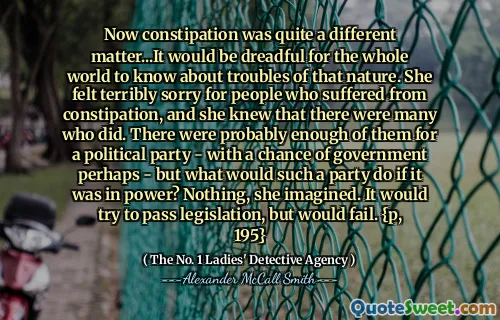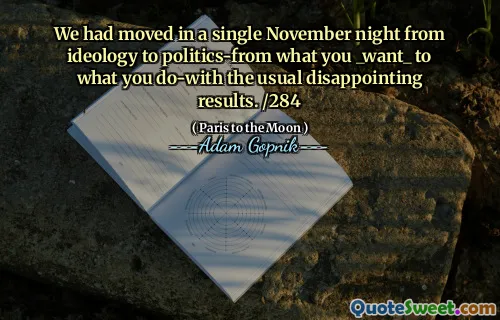The writer of history, I believe, has a number of duties vis-à-vis the reader, if he wants to keep him reading. The first is to distill. He must do the preliminary work for the reader, assemble the information, make sense of it, select the essential, discard the irrelevant- above all, discard the irrelevant - and put the rest together so that it forms a developing dramatic narrative. Narrative, it has been said , is the lifeblood of history. To offer a mass of undigested facts, of names not identified and places not located, is of no use to the reader and is simple laziness on the part of the author, or pedantry to show how much he has read.
The author Barbara W. Tuchman emphasizes the responsibilities of a historian towards readers. She believes that a historian's primary duty is to curate information effectively, filtering out excessive details while focusing on the essential elements that contribute to a coherent and engaging narrative. By transforming raw data into a compelling story, historians can captivate their audiences and maintain their interest in history.
Tuchman criticizes those who present large amounts of unorganized information, as it fails to serve the reader’s needs and reflects a lack of effort from the author. A successful historical narrative should not only inform but also resonate with readers, allowing them to connect with the past meaningfully. According to Tuchman, the essence of history lies in its storytelling ability, which brings events and figures to life.





